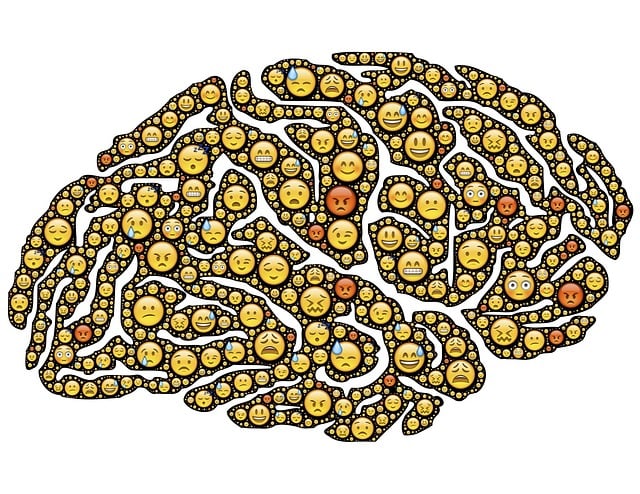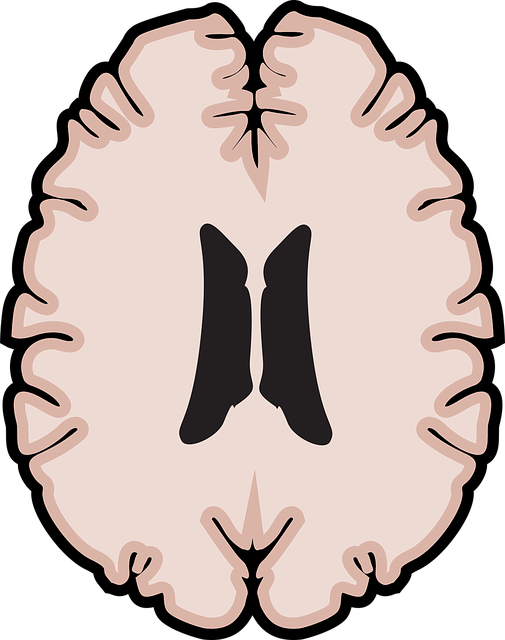Centennial Bariatric Evaluations Therapy (CBET) showcases a comprehensive mental health data approach, collecting diverse information from clinical interviews, apps, and records. Preprocessing is vital for analysis, involving noise removal and standardization, especially with cultural sensitivity for diverse populations. Analyzing historical trends in CBET's data offers insights into mental health issues over time, guiding policy and public awareness. This qualitative analysis enables personalized therapy strategies tailored to individual needs, enhancing emotional well-being. Ethical considerations, including privacy, consent, and cultural sensitivity, are crucial for responsible data handling and inclusive therapy outcomes.
Mental health data analysis is a powerful tool for understanding complex psychological trends. In this comprehensive guide, we explore the process of analyzing and interpreting mental health data from various sources, including Centennial Bariatric Evaluations Therapy. From data collection to ethical considerations, we delve into best practices for preprocessing datasets, advanced techniques to uncover mental health trends, and the critical step of translating results into meaningful insights with real-world applications.
- Understanding Mental Health Data: Collection and Sources
- Preprocessing and Cleaning Mental Health Datasets
- Techniques for Analyzing Mental Health Trends
- Interpreting Results: Insights and Applications
- Ethical Considerations in Mental Health Data Analysis
Understanding Mental Health Data: Collection and Sources

Understanding Mental Health Data is a multifaceted process, crucial for deciphering trends and insights that inform effective therapy strategies. Centennial Bariatric Evaluations Therapy, among other specialized services, collects a wealth of data related to patients’ emotional well-being. This includes assessments designed to gauge mental health conditions, track progress over time, and identify areas requiring Trauma Support Services or Compassion Cultivation Practices.
Various sources contribute to this data, from clinical interviews and standardized questionnaires to digital mood tracking apps and electronic health records. Integrating and analyzing these diverse datasets offers a comprehensive view of patients’ emotional regulation dynamics. This, in turn, enables therapists to tailor interventions, ensuring more personalized and impactful therapy for those seeking support.
Preprocessing and Cleaning Mental Health Datasets

Mental health datasets often require meticulous preprocessing and cleaning to ensure accurate analysis. This initial step is crucial for removing noise, handling missing data, and normalizing formats across diverse sources like electronic health records (EHRs), surveys, and clinical assessments. For instance, in evaluating Centennial Bariatric Evaluations Therapy, researchers must address inconsistencies in data recording, such as varying terminology for similar conditions or different coding systems used by healthcare facilities. Standardization and harmonization techniques are essential to create a cohesive dataset suitable for analysis.
Furthermore, cultural sensitivity in mental healthcare practice plays a significant role during preprocessing. Recognizing the importance of cultural context, researchers must adapt their data cleaning methods to account for language barriers, cultural variations in symptom expression, and differences in healthcare-seeking behaviors across diverse populations. Integrating tools that support depression prevention and trauma support services through culturally sensitive approaches can enhance the quality and interpretation of mental health data analysis, ensuring that findings are applicable and beneficial to all communities.
Techniques for Analyzing Mental Health Trends

In the realm of mental health data analysis, identifying trends requires a multifaceted approach. One powerful technique involves examining historical records and survey data to pinpoint shifts in common mental health issues over time. For instance, using Centennial Bariatric Evaluations Therapy data can offer insights into changing dietary and weight-related concerns within specific populations. This long-term perspective allows researchers to track the evolution of mental health landscapes, revealing emerging trends and potential societal shifts.
Furthermore, integrating Self-Care Practices and Public Awareness Campaigns Development strategies into data analysis enhances understanding of community engagement. By studying how individuals and communities cope with mental health challenges through self-care initiatives, policy advocates can inform Mental Health Policy Analysis and Advocacy efforts. This holistic view not only improves individual therapy but also fosters public awareness, ultimately shaping more effective support systems and interventions.
Interpreting Results: Insights and Applications

Interpreting data from Centennial Bariatric Evaluations Therapy provides a wealth of insights into individuals’ mental health journeys. By analyzing trends and patterns within the assessments, healthcare professionals can gain a deeper understanding of what factors contribute to emotional regulation and anxiety relief. This qualitative analysis allows for personalized treatment plans that cater to each patient’s unique needs.
The data may reveal correlations between specific therapies and improved Mental Health Awareness, enabling researchers and practitioners to refine existing protocols. These insights could lead to more effective strategies for managing weight-related mental health conditions, ultimately enhancing overall well-being. Such interpretations are invaluable in advancing the field, ensuring patients receive tailored support throughout their transformative journeys.
Ethical Considerations in Mental Health Data Analysis

In the realm of mental health data analysis and interpretation, particularly when evaluating therapy outcomes like those offered by Centennial Bariatric Evaluations, ethical considerations come to the forefront. Mental healthcare professionals must navigate a complex web of privacy, informed consent, and the potential for harm or benefit derived from sensitive data. For instance, ensuring patient confidentiality is paramount, especially when sharing intimate details related to coping skills development or risk assessment for mental health professionals.
Cultural sensitivity in mental healthcare practice plays a crucial role in this context. Recognizing and respecting diverse cultural beliefs and practices ensure that analysis and interpretation are unbiased and inclusive. This consideration is essential when dealing with varied patient populations, as it can influence coping strategies and therapy outcomes. Moreover, risk assessment should encompass not just the patient’s immediate well-being but also the potential impact on their broader social and psychological contexts, including family dynamics and community support systems.
Mental health data analysis plays a pivotal role in understanding and improving overall well-being, especially through innovative approaches like Centennial Bariatric Evaluations Therapy. By effectively preprocessing, analyzing, and interpreting datasets, we can uncover significant trends and insights that guide evidence-based practices. This article has explored various aspects, from data sources to ethical considerations, providing a comprehensive roadmap for navigating the complex landscape of mental health data analysis. Embracing these techniques not only enhances our understanding of mental health but also empowers us to deliver more personalized and effective therapies, ultimately improving lives.









